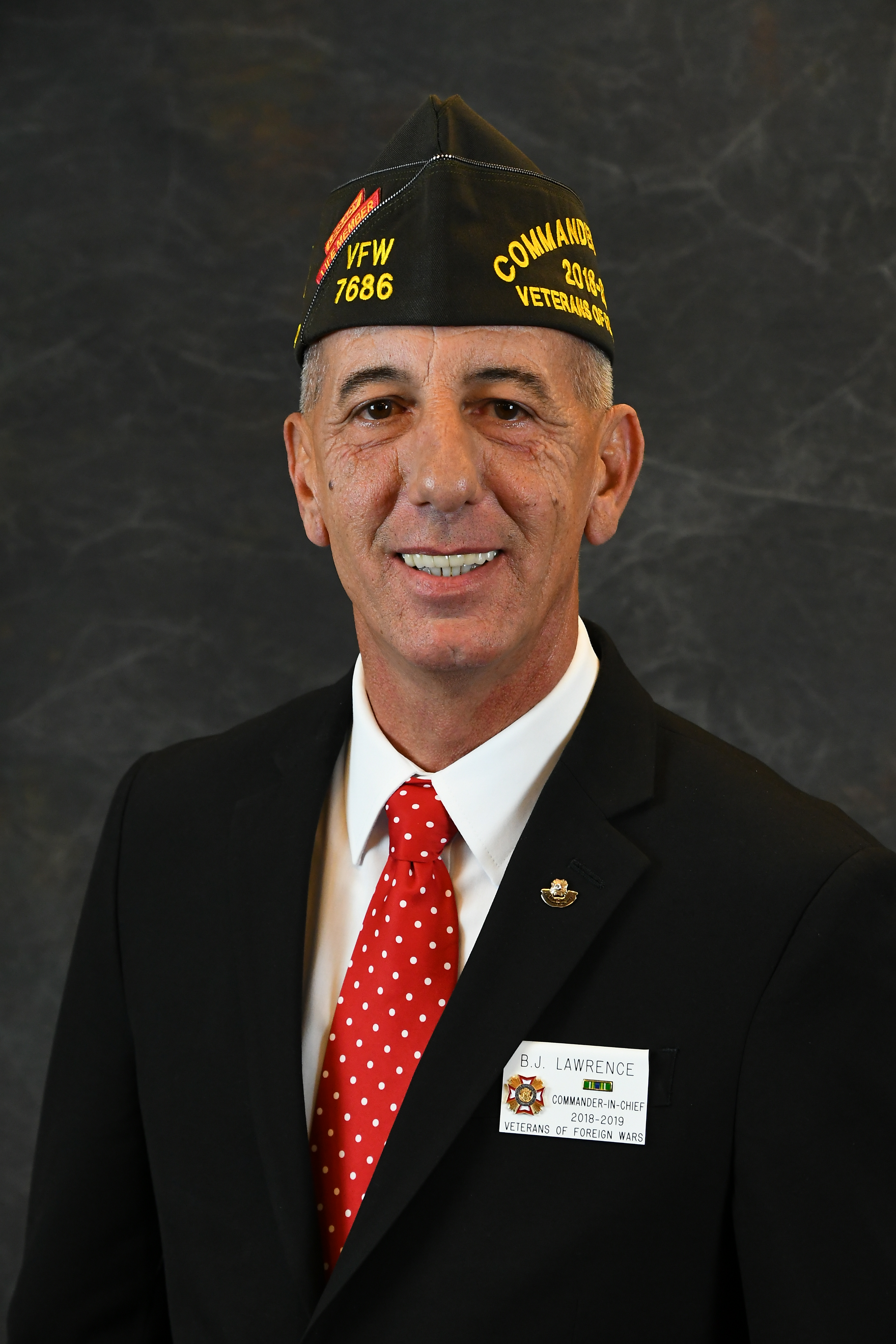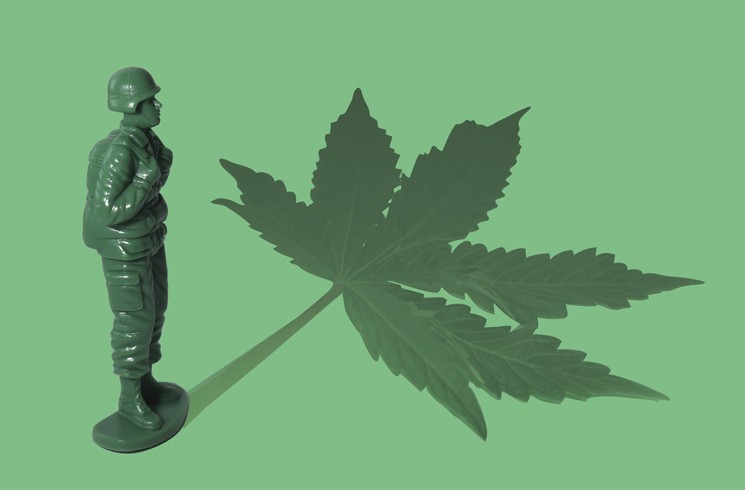Military veterans organizations press congress on medical cannabis research
In recent weeks, U.S. Military veterans from a wide scope of backgrounds have been testifying hard before Congress to trigger a bout of research by the Department of Veterans Affairs (VA) into medical cannabis’ benefits.
Representatives of numerous organizations appeared at a series of House and Senate Veterans’ Affairs Committee hearings.
Disabled American Veterans (DAV), Veterans of Foreign Wars (VFW), Iraq and Afghanistan Veterans of America (IAVA) and other groups spoke about their legislative priorities, inclusive of cannabis reform, for the 116th Congress.
“Support VA research into the efficacy of cannabis for service-connected disabled veterans” was one of the DAV’s asks in the written testimony.

Vincent Lawrence, commander-in-chief of VFW, went into detail on that position during his testimony to the committees.
He said the common occurrence of post-traumatic stress disorder (PTSD) and traumatic brain injury among veterans “have been thrust into the forefront of the medical community and the general public in large part due to suicides and overmedication of veterans.” However, it also indicates that the VA must make studying the potential benefits of medical cannabis a priority, Lawrence says.
“For veterans who use medical cannabis and are also VA patients, they are doing this without the medical understanding or proper guidance from their coordinators of care at VA,” he wrote. “This is not to say VA providers are opting to ignore this medical treatment, but that there is currently a lack of federal research and understanding of how medical marijuana may or may not treat certain illnesses and injuries, and the way it interacts with other drugs.”
But Lawrence pointed out that preliminary research shows that “states that have legalized medical cannabis have also seen a 15-35 percent decrease in opioid overdose and abuse.”
“There is currently substantial evidence from a comprehensive study by the National Academy of Sciences and the National Academic Press that concludes cannabinoids are effective for treating chronic pain, chemotherapy-induced nausea and vomiting, sleep disturbances related to obstructive sleep apnea, multiple sclerosis spasticity symptoms, and fibromyalgia –– all of which are prevalent in the veteran population,” he wrote.
Lawrence pushed Congress to pass legislation that would “require VA to conduct a federally funded study with veteran participants for medical cannabis,” including veterans who suffer from chronic pain, PTSD and cancer.
Numerous bills have been filed in Congress this year that would work towards accomplishing that goal. The VA Medicinal Cannabis Research Act specifically instructs the VA to carry out clinical trials on the impacts of cannabis for conditions that frequently affect veterans, such as PTSD and chronic pain.
A previous version of that specific legislation emerged as the first standalone bill ever to pass through a congressional committee following the approval it received last year from the House Veterans’ Affairs Committee. However, it did not receive a floor vote.








